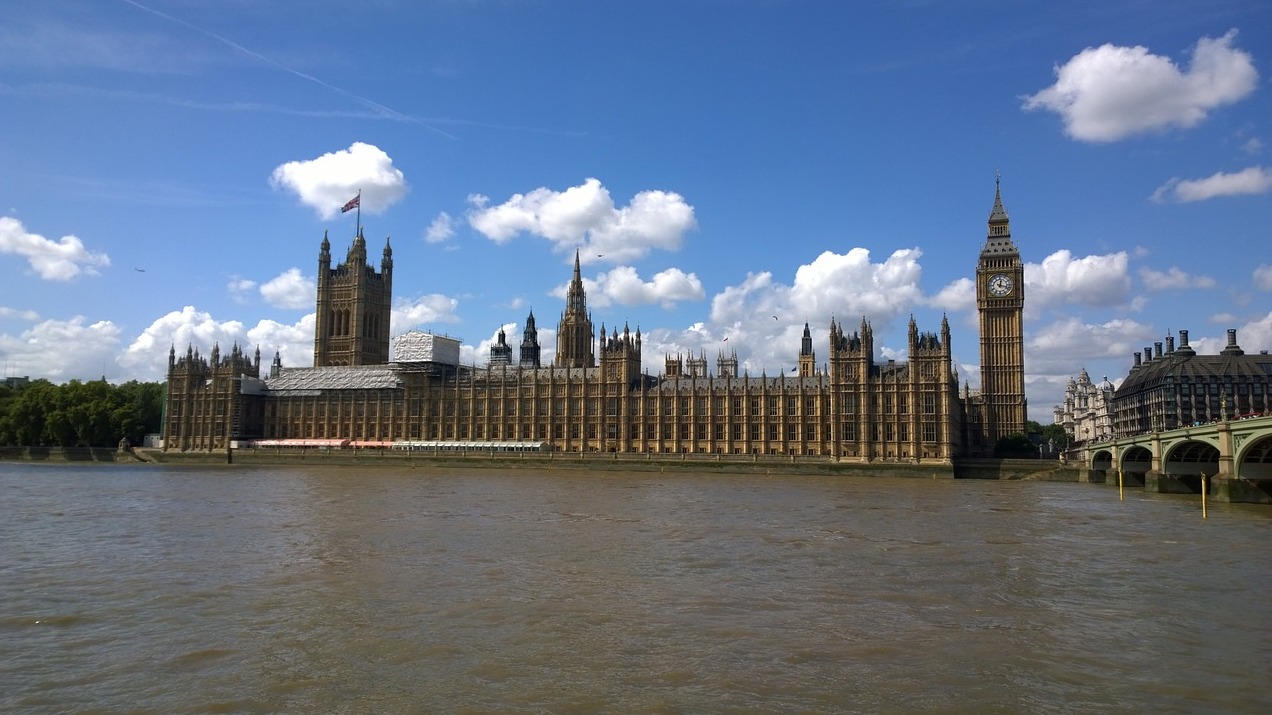Science and Technology secretary Peter Kyle has reportedly told the Alan Turing Institute (ATI) it should refocus on defence and security.
In a letter addressed to the institute’s president, Dr Douglas Gurr, Kyle emphasised the importance of strengthening the UK’s AI capabilities for national security, asking the national institute for data science and AI to prioritise this area in its operations, according to the BBC.
Kyle said that the government wants the Turing Institute to make defence its top priority.
He also suggested a restructuring of the Institute’s leadership to align with this new strategy, stating that future government funding would be conditional on the Institute’s alignment with his vision.
“There is an opportunity for the ATI to seize this moment,” Kyle wrote. “I believe the institute should build on its existing strengths, and reform itself further to prioritise its defence, national security and sovereign capabilities.”
A spokesperson for the Alan Turing Institute told the BBC it welcomed “the recognition of our critical role and will continue to work closely with the government to support its priorities”.
“The Turing is focussing on high-impact missions that support the UK’s sovereign AI capabilities, including in defence and national security,” the spokesperson said.
They added they share the government’s vision of AI transforming the UK for the better.
The Institute, which receives public funding and was given a grant of £100 million by the previous Conservative government last year, has faced a number of challenges in recent years.
A review published in 2024 by government funding body UK Research and Innovation, found “a clear need for the governance and leadership structure of the Institute to evolve”.
At the end of 2024, 93 members of staff signed a letter expressing lack of confidence in the Institute’s current leadership team.
Earlier this year, the institute announced it was shutting down 21 science and innovation projects, with another five under review. This move was part of a shift into what leadership called a “new phase” focused on a smaller set of missions, the Institute said in a statement at the time.
The Turing 2.0 strategy, which has guided the Institute’s development since 2023, focuses on challenges such as environmental sustainability, health and national security.
The strategy has also recently deepened research on responsible AI and ethics, including research on algorithmic fairness, transparency and the societal impact of AI systems.
In March, Jean Innes, who was appointed chief executive in July 2023, told the Financial Times that the Institute needed “to modernise and focus on AI projects”.
She sai: “A big strategic shift to a much more focused agenda on a small number of problems that have an impact in the real world”.


